Understanding quantity Adding Up to 5 Worksheets for Ages 4-9
17 filtered results
-
From - To
Unlock the world of early math with our "Understanding Quantity: Adding Up to 5" worksheets designed for children aged 4-9. These engaging resources help young learners grasp the concept of quantity through interactive exercises that promote counting, addition, and number recognition. By working on these worksheets, kids will develop essential math skills while having fun! Each activity is tailored to accommodate varying levels of ability, ensuring that all children can experience success as they master the fundamentals. Perfect for use at home or in the classroom, our worksheets support bright futures in math and beyond. Engage your young learners today!
Understanding quantity and the concept of adding up to 5 is crucial for children aged 4-9 as it lays the foundation for their future mathematical skills. At this developmental stage, children are naturally curious and eager to explore numbers, making it an ideal time to introduce basic addition concepts. Mastery of adding numbers up to 5 aids in cognitive development, enhancing problem-solving abilities and critical thinking.
This skill also intersects with various daily activities, such as counting objects, playing games, and understanding time or money, making it highly relevant in real-life contexts. Parents and teachers can facilitate this understanding through fun and interactive activities, which makes learning enjoyable and memorable.
Moreover, grasping simple addition helps build a sense of achievement and confidence in young learners. When children can successfully add small quantities, it encourages them to take on more complex mathematical concepts as they progress. Neglecting this foundational skill may lead to challenges in later grades, so early intervention and support in learning to add are key for long-term academic success. Ultimately, ensuring children understand quantities and can add up to 5 prepares them well for future learning, making it an essential focus for parents and educators alike.
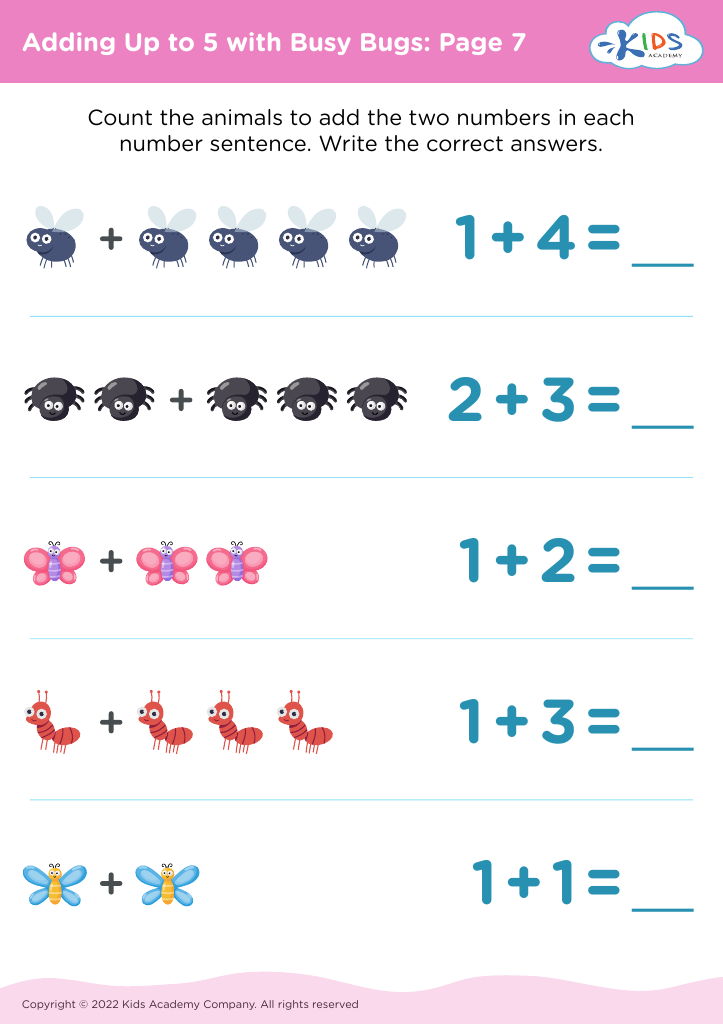
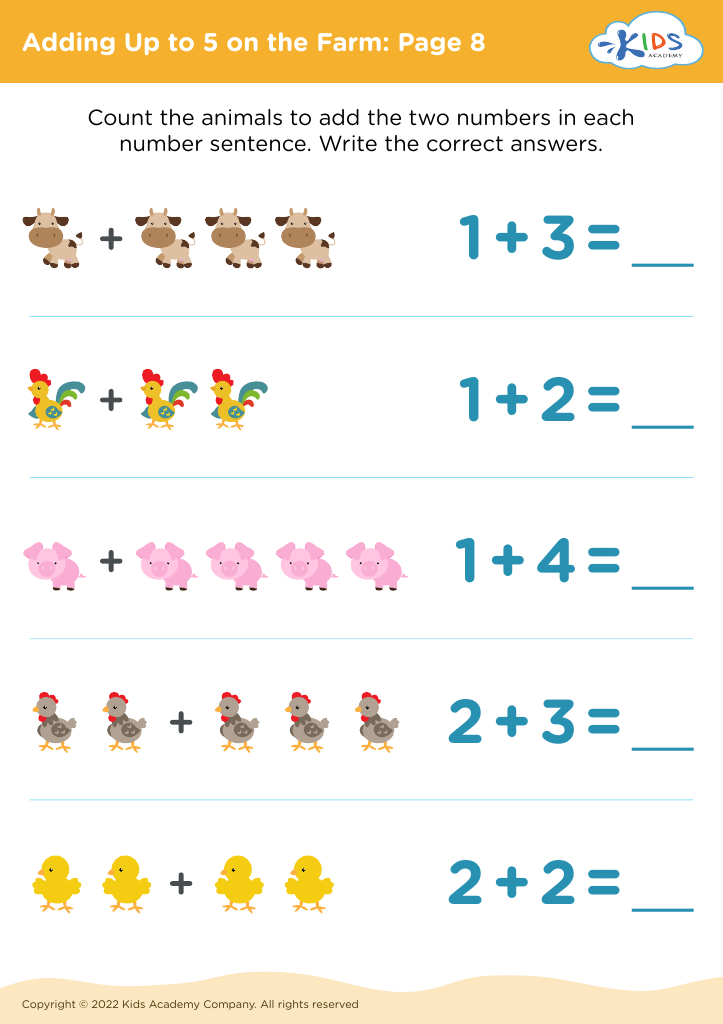
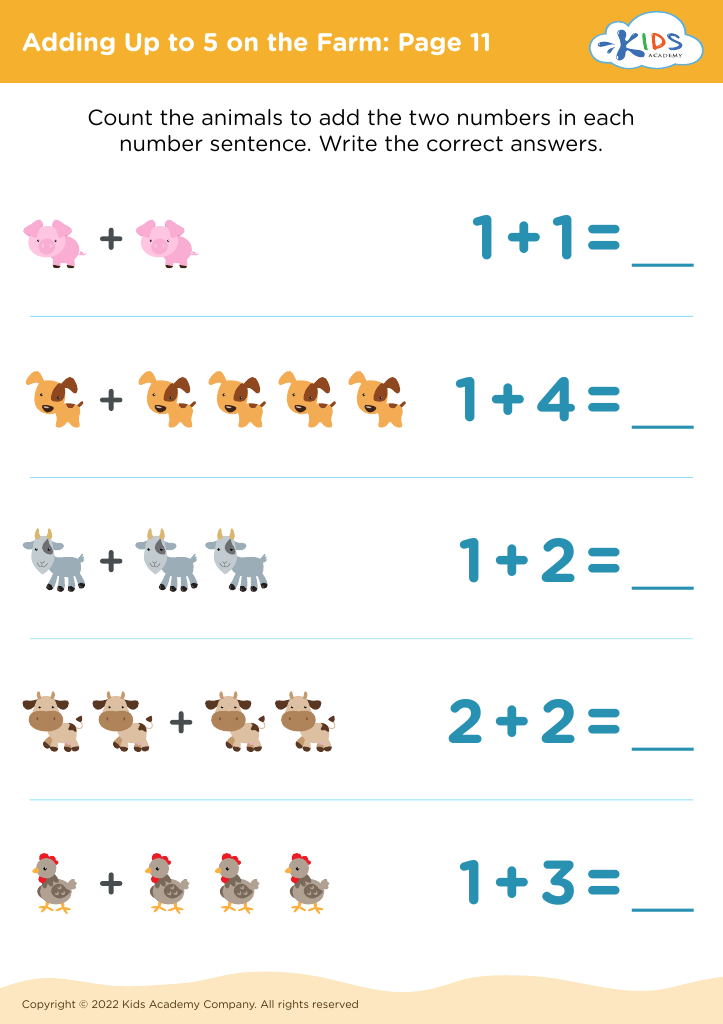
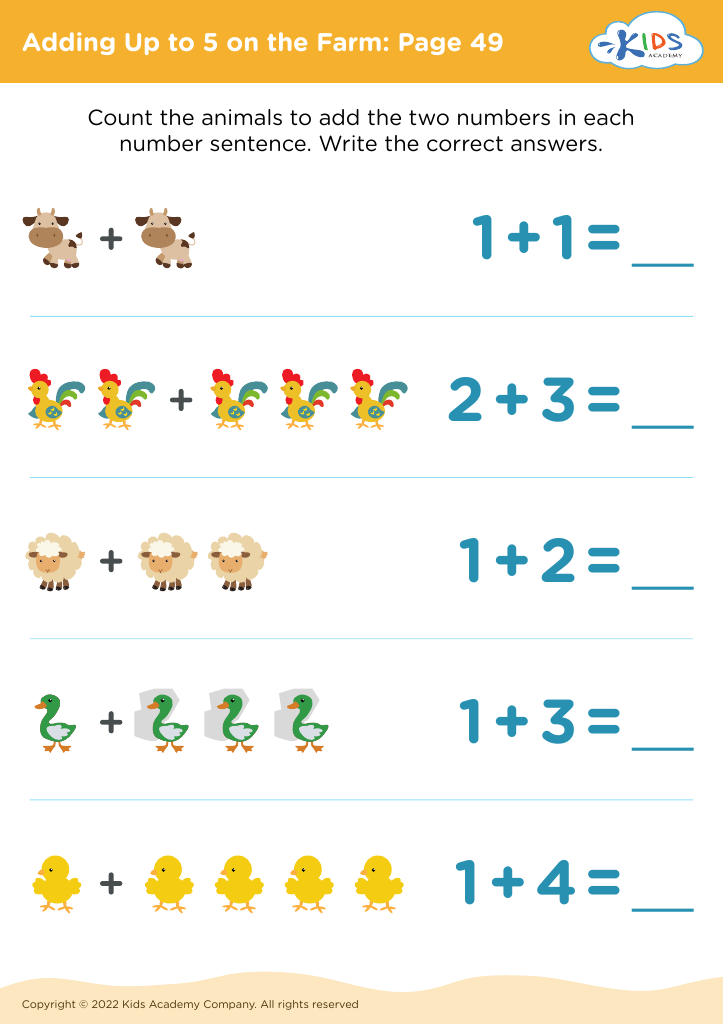
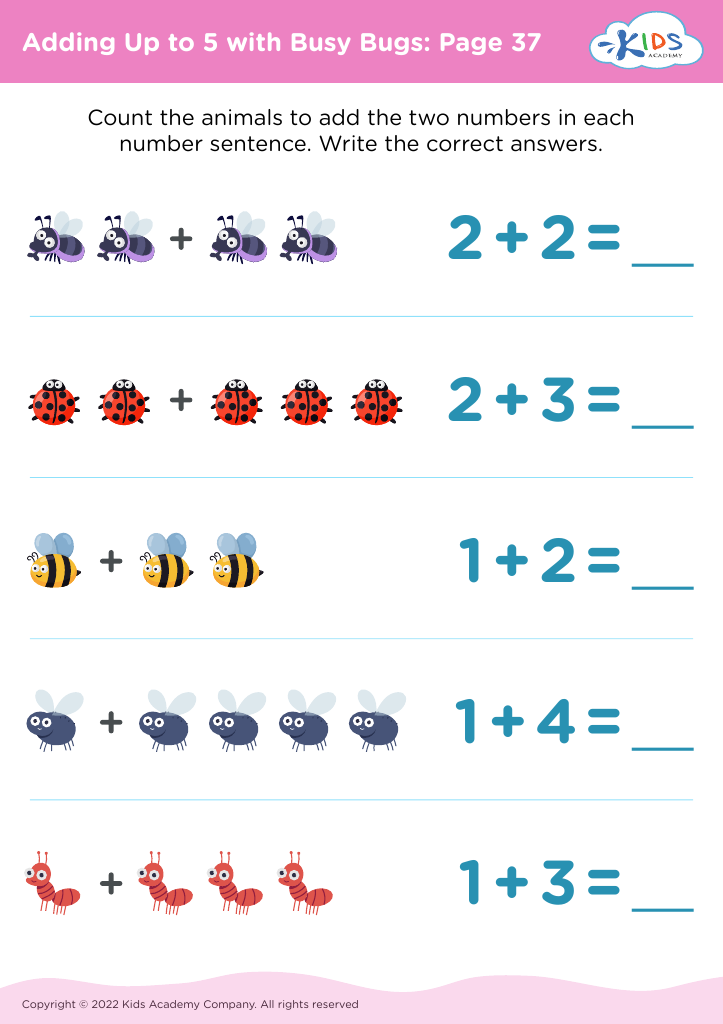
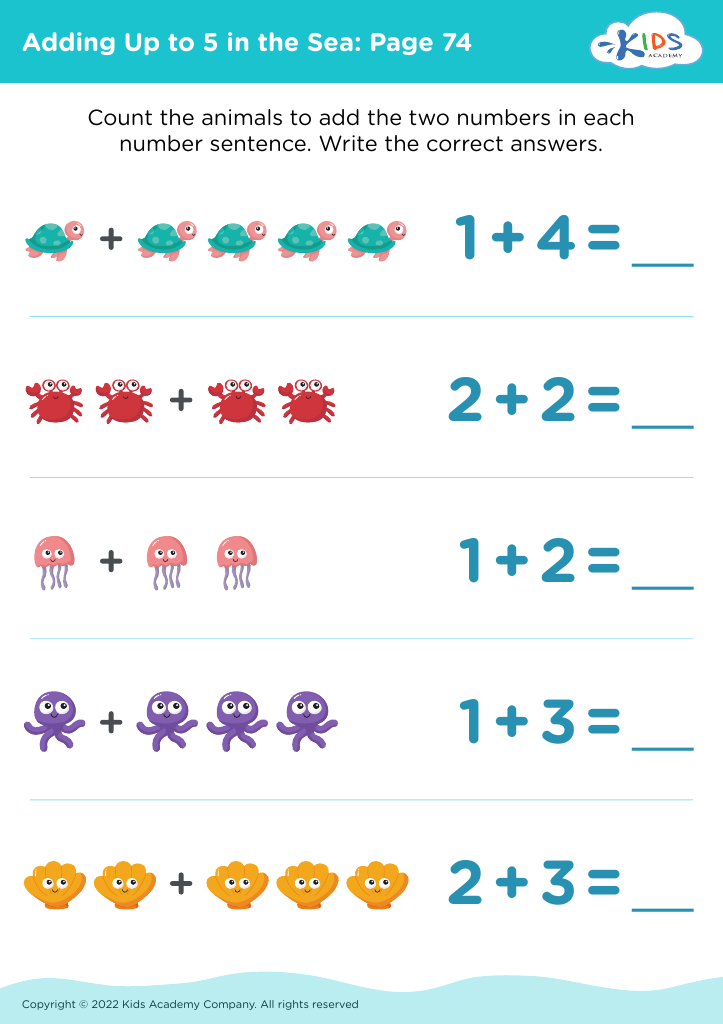
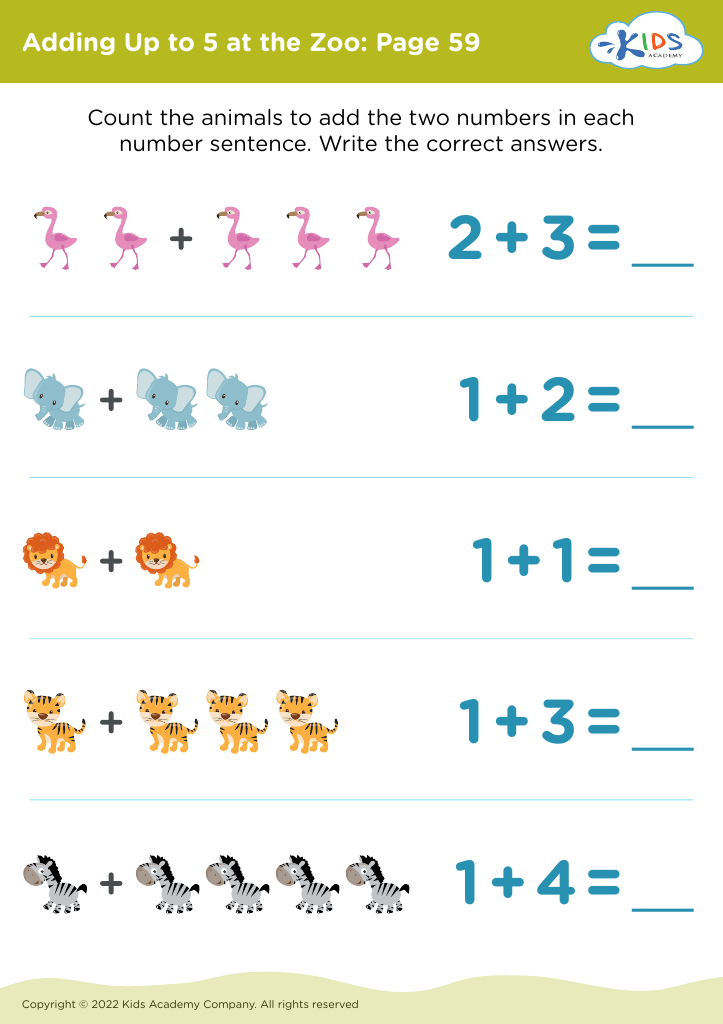
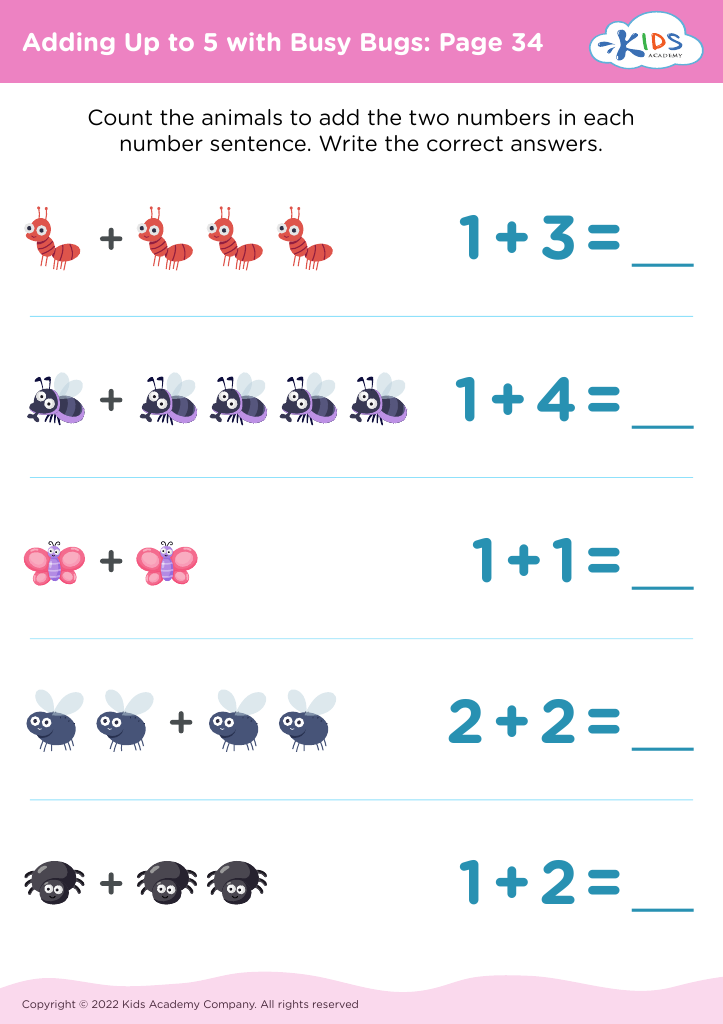
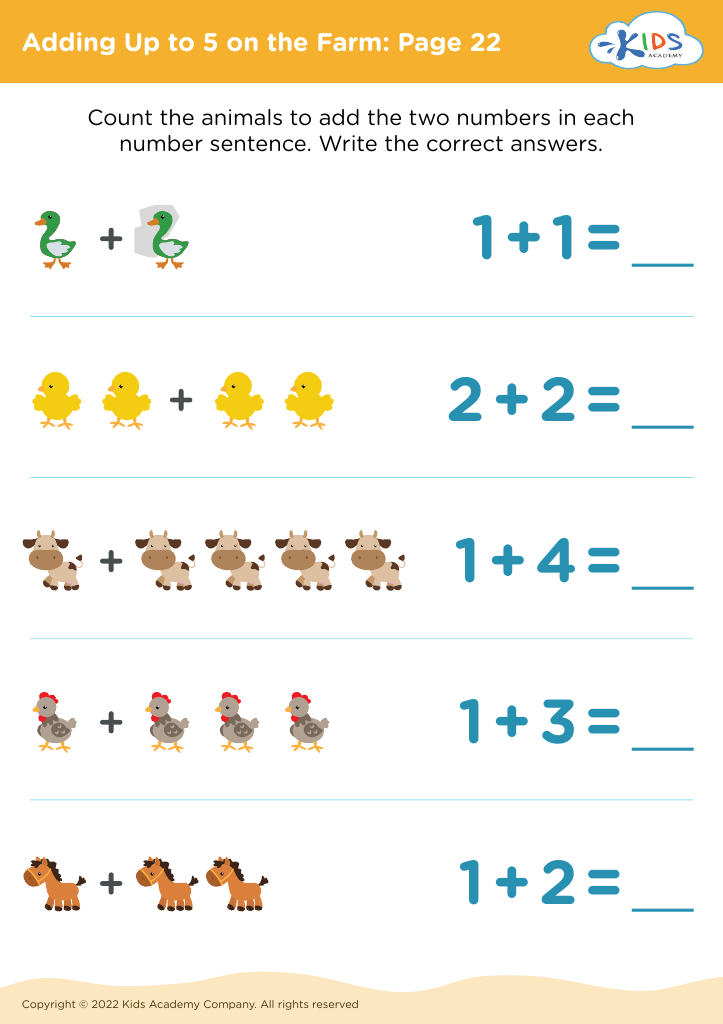
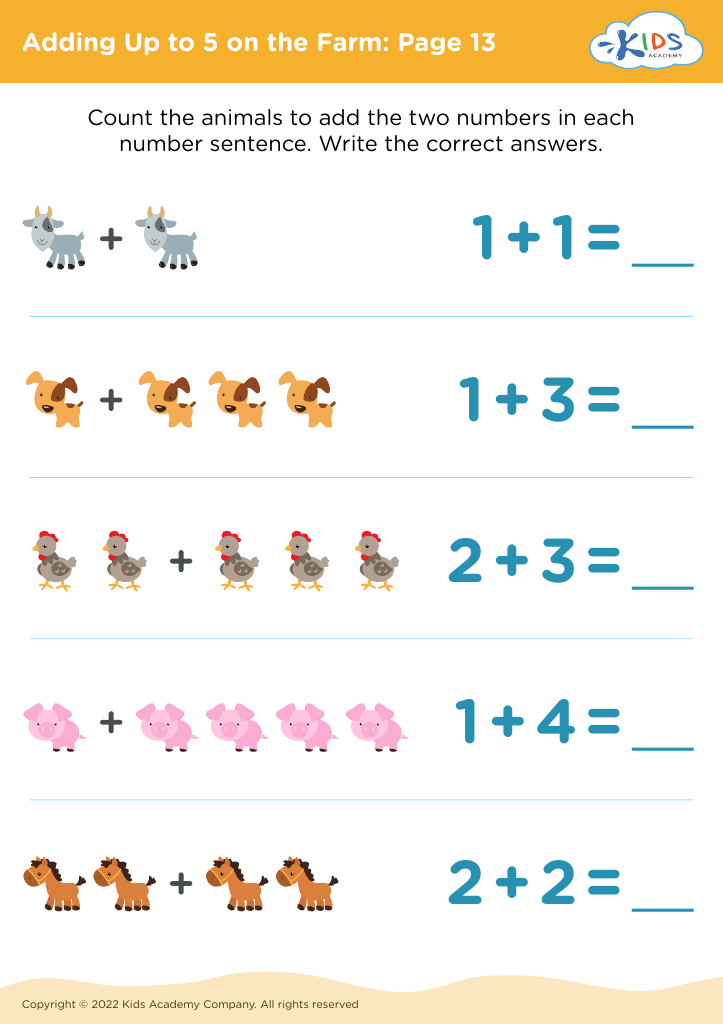
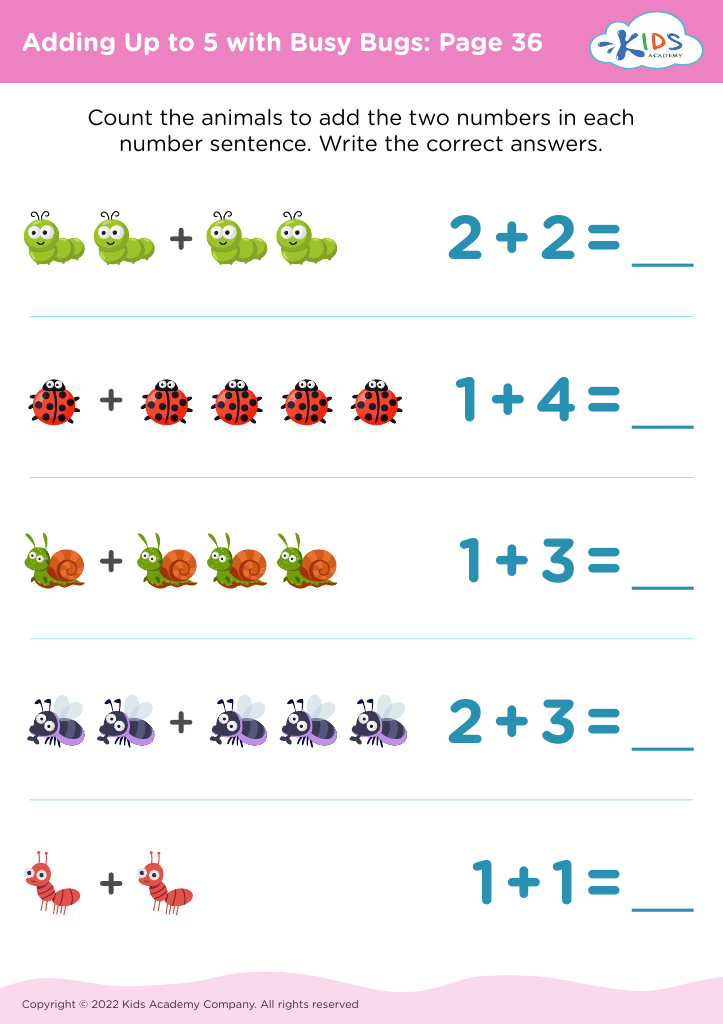
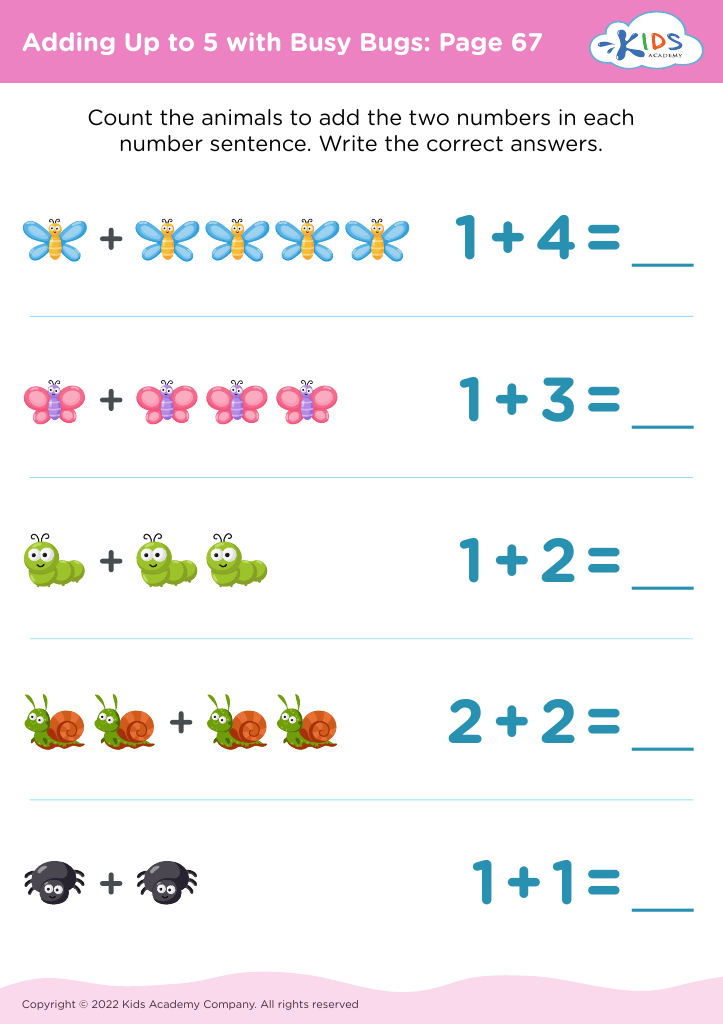
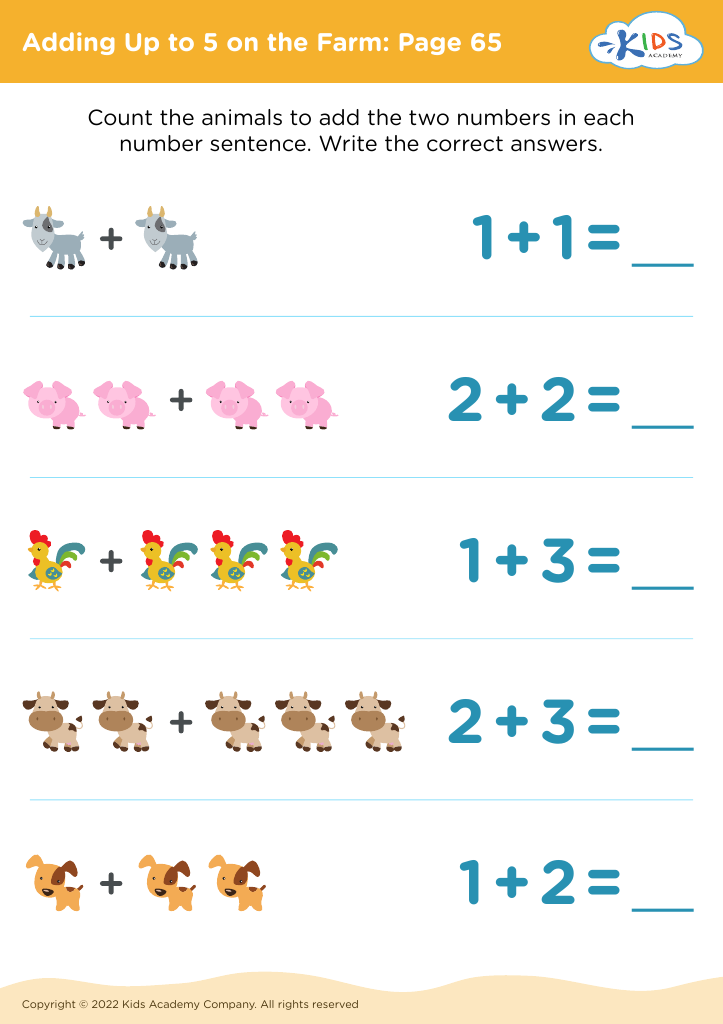
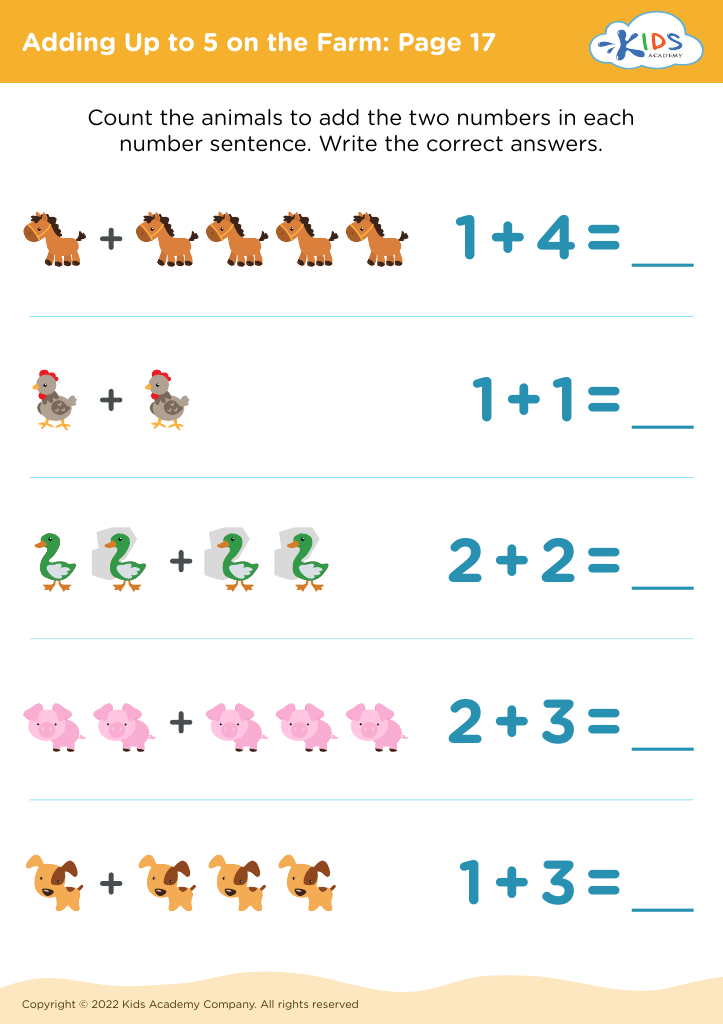
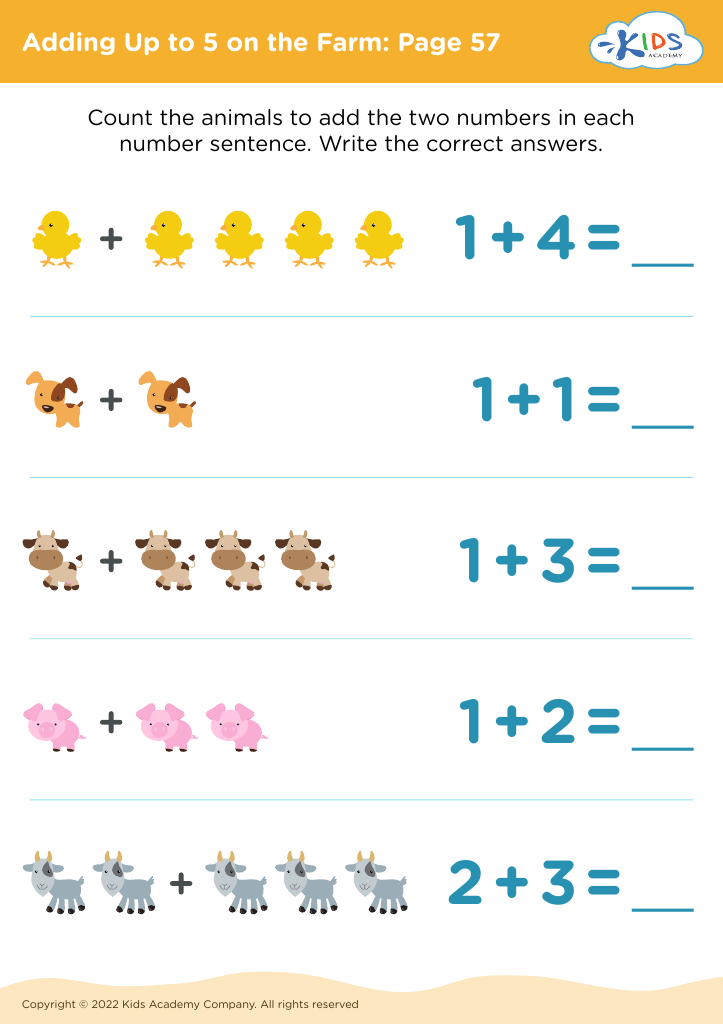
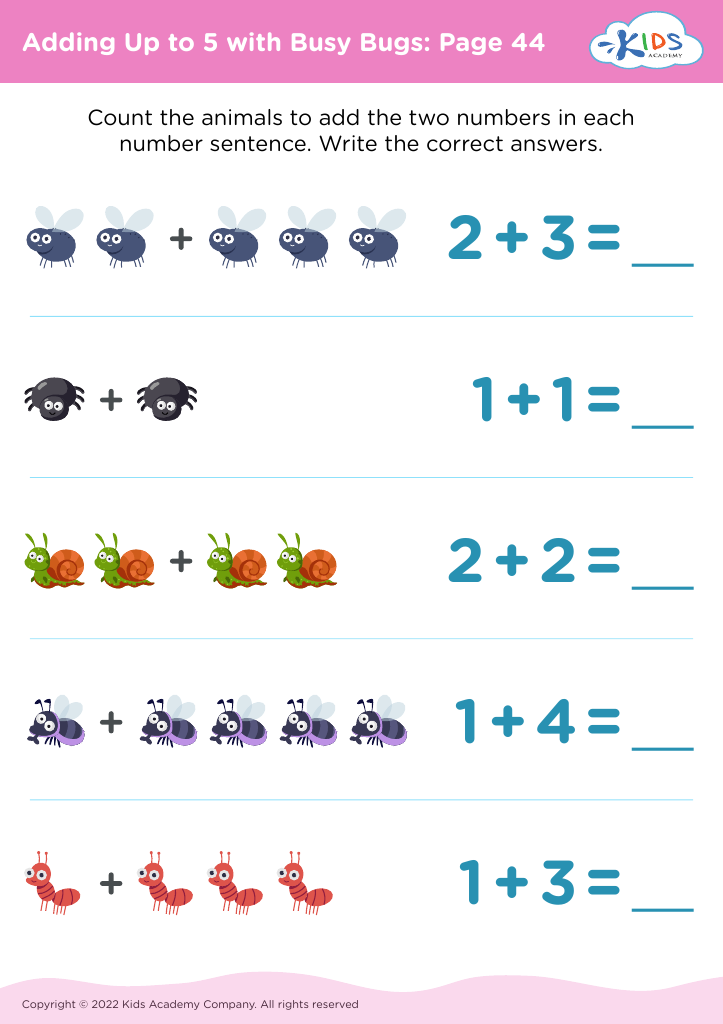
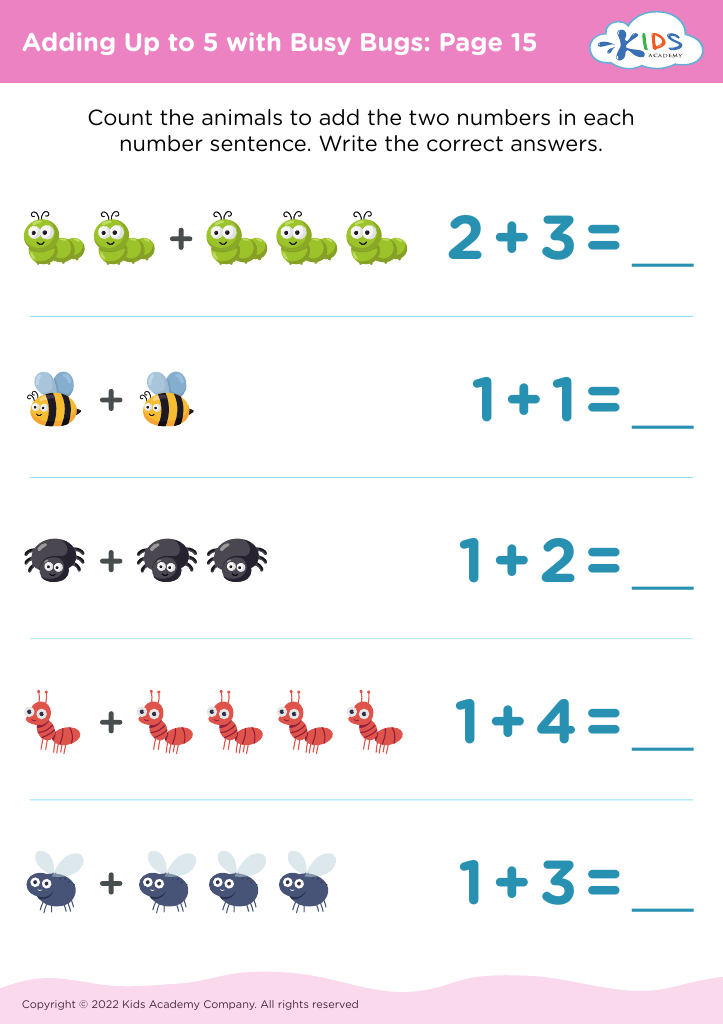



%20(1).jpg)












